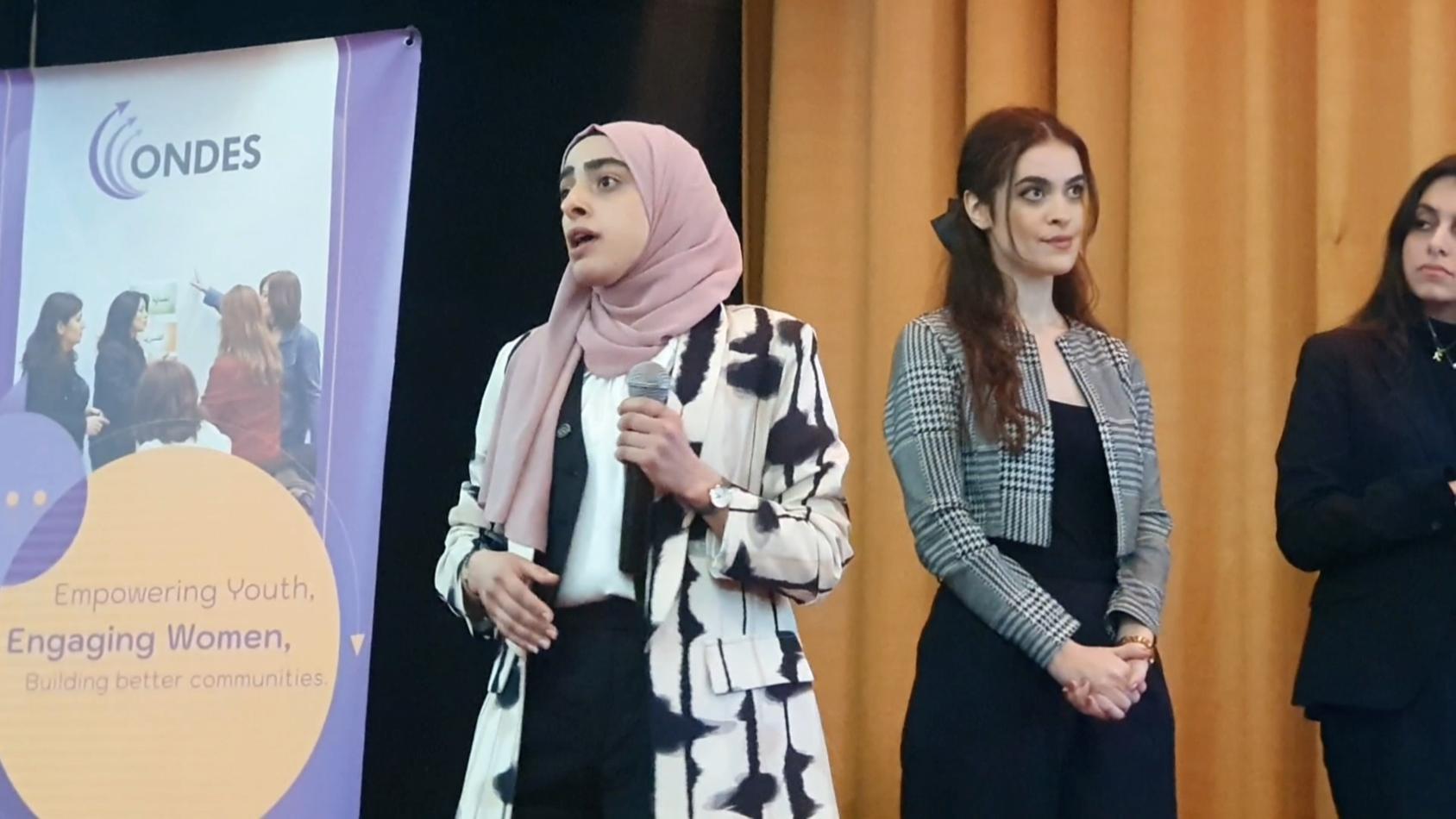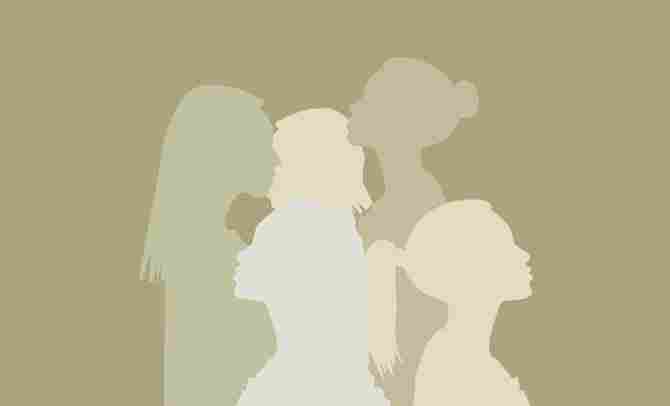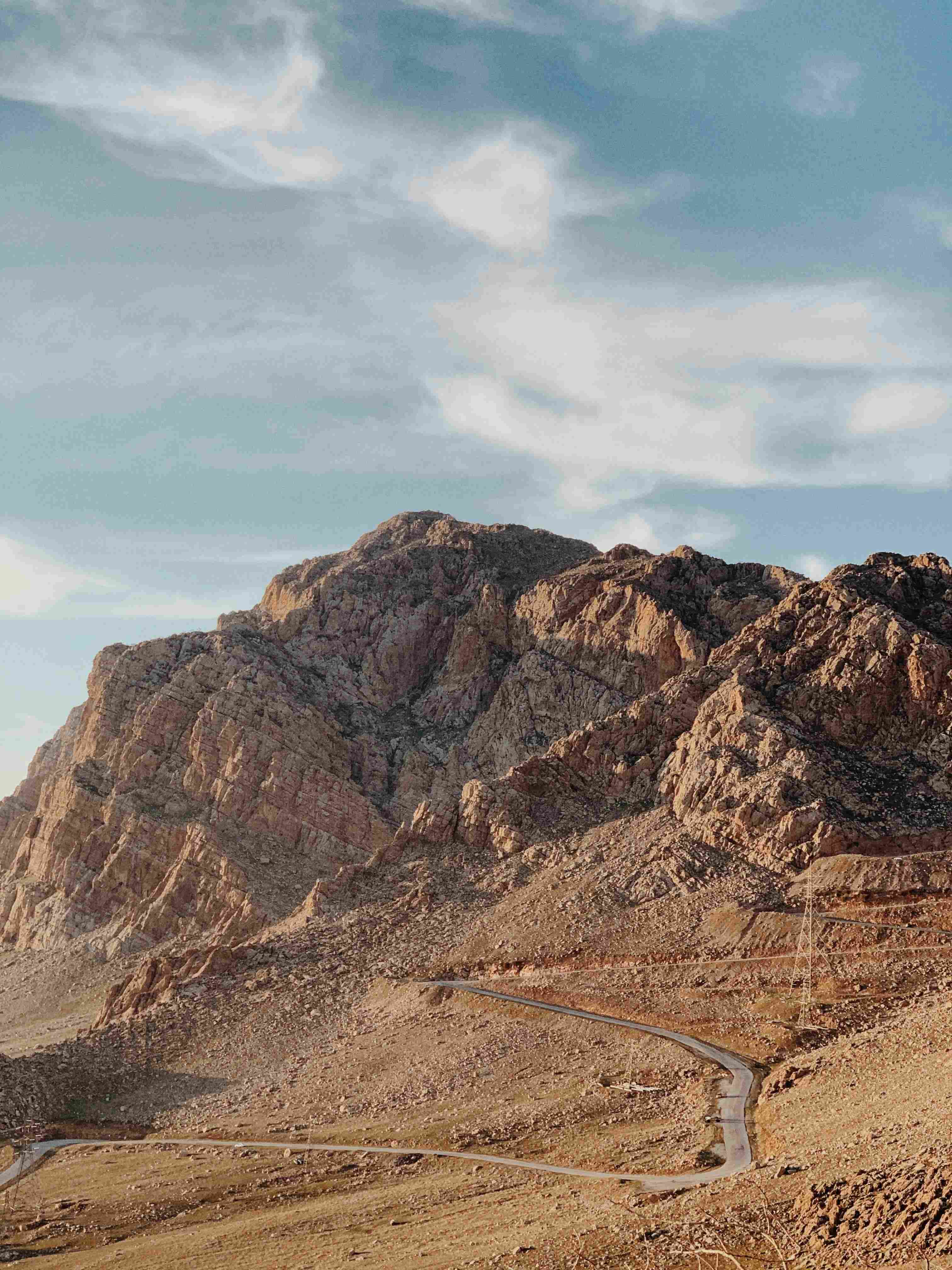
BEIRUT (Enmaeya News) — September 25, 2025
In Lebanon’s universities, a new wave of young women is stepping up to lead, turning classrooms and campus spaces into arenas for civic engagement, advocacy, and social change. Amid economic turmoil, these students are defying barriers, finding their voices, and reshaping what leadership looks like for their generation.
Supported by the United Nations in Lebanon, under the UN Resident Coordinator, UN agencies are helping women leverage their leadership skills, promote gender equality, and advance sustainable development. In 2024 alone, over 13,000 individuals gained new job market skills, 60% of them women. More than 2,600 enterprises and cooperatives enhanced their business practices, with women leading the majority.
Despite these gains, women remain underrepresented in politics, holding fewer than 7% of parliamentary seats, and youth voices often go unheard. Experts say the changes may appear modest, but they mark a growing movement in civic life where young women are not only participating but leading.
University campuses, however, remain spaces of structural obstacles, including limited participation, restrictive social norms, and gender-based violence. To address this, the joint UN initiative “Women’s Participation in Leadership (WIPL),” led by UN Women and UNDP, empowers young women to overcome barriers and cultivates safe environments for dialogue and leadership.
From Silence to Leadership: Reem and Dana
Reem Herzallah, a student at Beirut Arab University, once avoided speaking in heated discussions.
“I thought I had no role when the discussion got heated,” she said. “I used to think leadership was for people louder than me.”
Now, Reem facilitates conversations on gender equality, using negotiation skills learned through the program to engage constructively in debates she once found intimidating.
“Now I know how to lead that dialogue. I understand our role as young women in shaping the spaces we belong to,” she said.
Across four major universities—Lebanese University, Université Saint-Joseph, American University of Beirut, and Beirut Arab University—about 250 young women participated in workshops and community projects, gaining leadership skills, confidence, and safe spaces for civic engagement.
Dana Al Hachem at AUB recalls feeling isolated during her first year.
“I didn’t know what to expect, and I felt completely alone,” she said.
After joining the program, Dana began speaking up, mentoring peers, and taking on leadership roles. She served as secretary general of the Model United Nations, chaired the UN Women committee on women, peace, and security, and held leadership positions in the UNICEF Club and Political Studies Student Society, advocating for women and migrant workers.
“Now I love helping younger women who are like me, whether in academics, clubs, or student life,” Dana said.
Role Models Inspire Change: Leony and Jenna
For others, inspiration came from meeting women leaders who represented what they could achieve.
“Everything shifted when I attended a UN-facilitated dialogue with Members of Parliament on women’s political participation,” said Leony Lawandos. “They didn’t just challenge the system; they claimed space in it. They showed me we don’t need permission; we already belong at the table as equal citizens.”
Jenna Kheireddine was motivated by MP Halima Kaakour’s speech in Parliament.
“We have the right to be heard not only on gender issues but on all issues,” Jenna said. “We’re the same as men and everyone else at that table, and we deserve respect.”
Theatre as a Platform for Expression: Nouhad
The program also incorporates art and theatre as a tool for leadership and self-expression. Nouhad Hajj of Lebanese University found empowerment in theatre-based workshops facilitated by Ondes.
“Every moment we worked together, I could feel something shifting inside me,” she said. “We created a safe, non-judgmental space where everyone’s voice mattered.”
Nouhad now leads her own storytelling workshops, using creative expression to transform personal and collective challenges into resilience. Hala Dalloul at Université Saint-Joseph shared a similar experience.
“Despite all the challenges, we didn’t miss a single session,” she said. “[Theatre] became our safe space. We grew not just as students, but as changemakers.”
From Learning to Action
The program’s impact extends beyond gender advocacy. At Beirut Arab University, students have launched environmental campaigns and supported democratic engagement on campus through student elections and political dialogues.
“What unites these journeys is a redefinition of leadership,” Jenna said. “Leadership is not about hierarchy or loud voices; it’s about inclusivity, courage, and creating space for others to lead. Now when I speak, I no longer wonder if I belong. I know I do, and I’ll keep that space open for others too, ensuring women are heard and respected on all issues.”
Source: United Nations Sustainable Development Group






